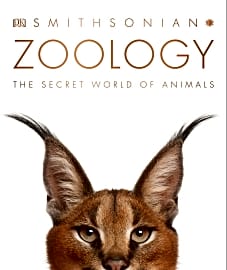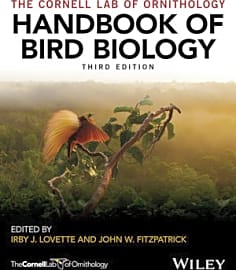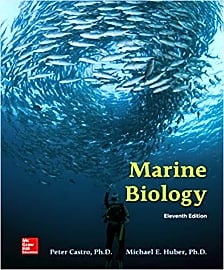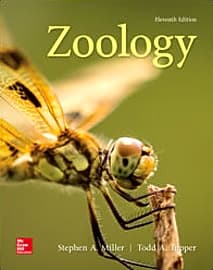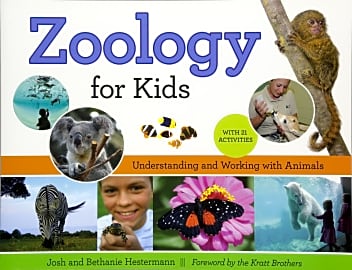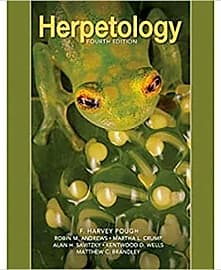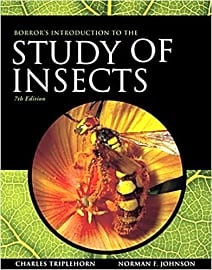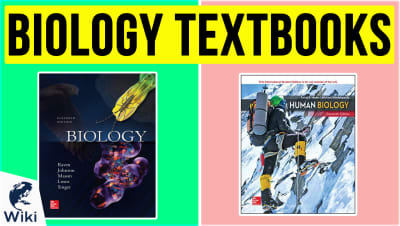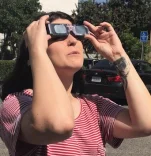The 10 Best Zoology Textbooks


This wiki has been updated 23 times since it was first published in February of 2019. Often, budding scientists enter college without having studied living animals, leading to an ignorance about the importance of zoology. The books listed here can inspire curiosity in children and prepare teens and adults for university-level courses, as well as inform those looking to specialize in everything from birds and mammals to marine life, with many outlining conservation, too. When users buy our independently chosen editorial choices, we may earn commissions to help fund the Wiki.
Editor's Notes
December 15, 2020:
We agreed with the previous editor's prioritizing specialized branches of zoology in addition to general tomes like Integrated Principles of Zoology, Zoology for Kids, and Zoology: Eleventh Edition. This way students of all ages and those pursuing different majors or career paths can find something that will work for them. We decided to keep Borror and DeLong's Introduction to the Study of Insects despite its age due to its wide-spanning coverage and viability as a reference, but students should know that some developments in the intervening time have resulted in taxonomic and other changes.
We removed The Diversity of Fishes, which hadn't been updated since 2009, and replaced it with Marine Biology, a recent selection geared toward undergrads and non-majors. It introduces the basics and makes a special effort to include the scientific content needed to better understand the material. That includes the fundamental principles of biology, the physical sciences, and the scientific method.
We also cut Van De Graaff's Photographic Atlas, although it can still be a useful supplement in some courses. We wanted something more compelling for the layperson, and so added Zoology: Inside the Secret World of Animals. Suitable for children and adults, this text is elegantly organized and visually stimulating, uses clear language without any technical jargon, and is organized in a way that makes it easy to follow or bounce around. Its high-quality production makes it do double-duty as a coffee table book for animal lovers as well.
Integrated Principles of Zoology has been updated to reflect its recent 18th edition published in 2019. Best for introductory courses, it emphasizes the central role of evolution in generating diversity and offers coverage of everything from biological and zoological principles and mechanisms of evolution to diversity and physiology.
March 06, 2019:
There are a lot of animals out there, and to learn about them in-depth, you'll likely need a specialized source, which is why most of the titles on our list focus on one area of zoology in particular. The best titles among them are accessible enough for the layperson, but detailed enough for scholars to use, such as the Handbook of Bird Biology. Other selections, like Integrated Principles of Zoology and Zoology for Kids are accessible to less-experienced readers, though they take a broader lens to the topic. The Diversity of Fishes and Herpetology: Fourth Edition are excellent reads, but take a more limited focus. If you're serious about this field of study but haven't yet specialized, you may want to try several of these picks in order to learn all you can about the various creatures.
Special Honors
Zoological Society of London Journal of Zoology The Journal of Zoology publishes high-quality, original research papers of broad interest. It highlights studies that are hypothesis-driven and interdisciplinary on animal behavior, ecology, physiology, anatomy, developmental biology, evolution, systematics, genetics, and genomics. There is also a complementary podcast. zslpublications.com
Coursera For online classes that you can take at your own pace, Coursera has a wide variety for those interested in zoology. You can learn about everything from dinosaurs and other ancient creatures to ecosystem dynamics and conservation from colleges and universities all over the globe. coursera.org
iNaturalist iNaturalist is a not-for-profit initiative that connects people to nature via technology. Users submit observations, findings, notes, and photos from all over the world. Every contribution can assist biodiversity science and is shared with scientific data repositories like the Global Biodiversity Information Facility to help scientists find and use your data. You can also connect with experts who can identify the organisms you observe, track your observations, host events, and more. inaturalist.org


